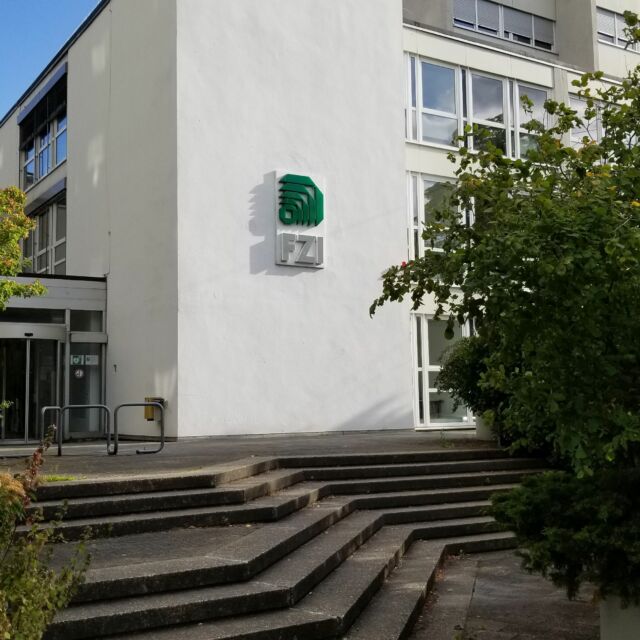The ongoing crises have brought substantial uncertainties and challenges for everyone.
The media has predicted a “hot autumn” and “winter” due to the energy crisis following the war of aggression against Ukraine. Some expected many citizens to revolt against the highly complex political decisions. In various German cities, people took to the streets and expressed their anger in the digital space. Political alliances are emerging between far-right forces and actors on the left.
Such a cross-front, combined with the increased threat posed by disinformation and its polarizing effects, has led to justified warnings of a tipping point in the political mood. In this tense and uncertain situation, there could be a rejection not only of individual political decisions, but of the entire political system and its democratic institutions. Tipping moments often occur suddenly and with enormous force.
The Social Sentiment in the Energy Crisis (SOSEC) project, funded by the Alfred Landecker Foundation, aims to examine these tipping points and their driving forces. The study focuses on crisis-related events such as the war in Ukraine, the climate and energy crises, and the effects of rising prices.
The attack on the German Bundestag in 2020 and the storming of the U.S. Capitol in 2021 have highlighted the simultaneous polarizing and democracy-threatening moments in Germany and the United States. Therefore, SOSEC is deliberately looking at polarizing tendencies in both countries. Moreover, the differences in social security and welfare between the U.S. and Germany make this comparison all the more insightful in times of crisis. The project seeks to contribute to an understanding of the drivers of social polarization, the dividing lines, and elements ensuring social cohesion.



